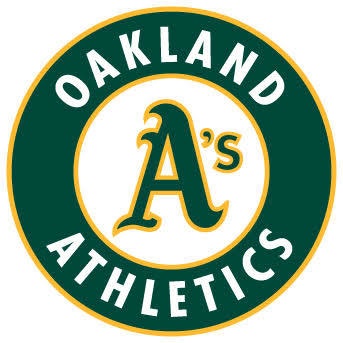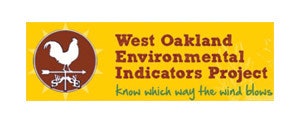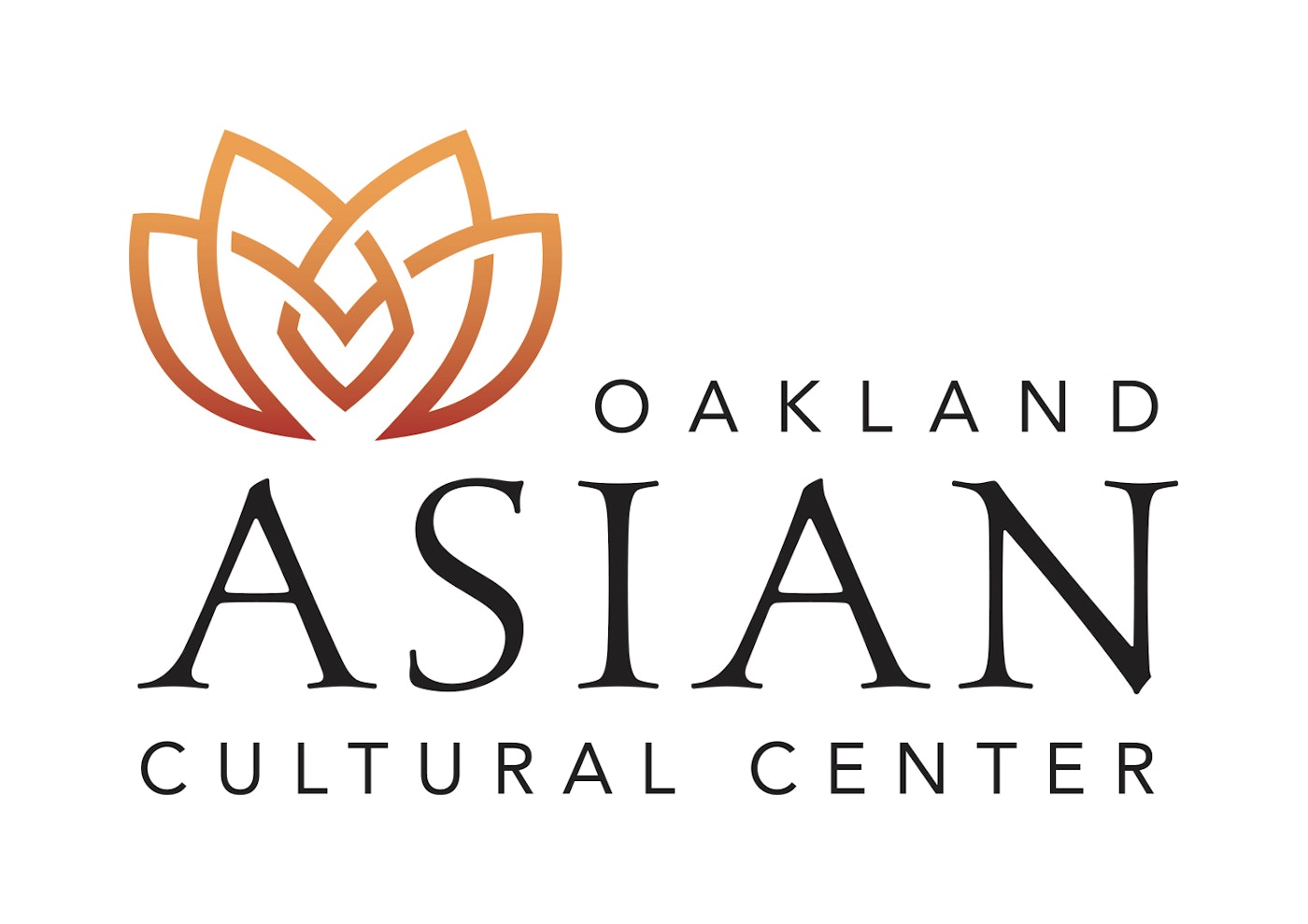Community Benefits

The equity-centered Howard Terminal proposal Community Benefits process is an opportunity to set a national precedent. It will be the first of its kind to use existing conditions of racial disparities data from the Oakland Race and Equity Baseline Indicators Report that was published in 2019 to establish race and equity baselines from which community benefits recommendations will be developed. It will also be the first to be developed through a collaborative multi-stakeholder Steering Committee and developed from a grassroots level through seven working groups that have been identified as Topic Cohorts: Community Health & Safety, Culture Keeping & History, Economic Development & Jobs, Education, Environment, Housing, and Transportation.
Steering Committee Members
Culture & History
- David Peters, West Oakland resident
- Eric Arnold, Black Arts Movement District
Community Health and Safety
- Marj Wolf, West Oakland resident
- Angie Tam, Communities for a Better Environment
Economic Development / Jobs
- Derrick Muhammad, West Oakland resident
- Saabir Lockett, East Bay Alliance for a Sustainable Economy
Education
- Phyllis Hall, West Oakland resident
- Denisha DeLane, Civic Corps and West Oakland Community Collaborative
Environment
- Victoria Harris, West Oakland resident
- Alvina Wong, Asian Pacific Environmental Network
Housing
- Jabari Herbert, West Oakland resident
- Elaine Brown, Affordable Housing Developer and Activist
Transportation
- Mercedes Rodriguez, West Oakland resident
- Steve Lowe, Old Oakland resident
Chinatown At-Large
- Mike Lok, Asian Health Services
Jack London Square At-Large
- Savlan Hauser, Jack London Square Improvement District
Old Oakland At-Large
- Michael Schaefer, Resident
West Oakland At-Large
- Stefanie Parrott, Resident
City of Oakland
- Molly Maybrun, Project Manager
Port of Oakland
- Amy Tharpe, Director – Social Responsibility Division
Oakland Athletics
Meetings
There are currently no scheduled meetings.
All public virtual community benefits process meetings were recorded on Zoom and the videos are archived.
Please monitor this webpage for updates.
Resources
Materials to inform the development of the Howard Terminal community benefits can be viewed in the Resources Folder.
Please click on the following links for short video presentations related to Housing:
Documents
- Waterfront Ballpark District at Howard Terminal Community Fund Proposed Design and Governance(PDF, 156KB)
- Howard Terminal Community Benefits Recommendations Summary Report_FINAL(PDF, 3MB)
- May 2021 Howard Terminal Community Benefits Recommendations Summary Report(PDF, 1MB)
- Announcement: January 23, 2021 Community Benefits Steering Committee Meeting Postponed(PDF, 79KB)
- December 31, 2020 Reflecting and Looking Ahead: A Note to Community Benefits Stakeholders(PDF, 87KB)
- August 2020 Howard Terminal Community Benefits Topic Cohorts' Initial Recommendations(PDF, 584KB)
- July 2020 Informational Memorandum - Update on Howard Terminal Community Benefits Efforts(PDF, 343KB)
- Howard Terminal Community Access Fund Stipend Information(PDF, 119KB)
- Oakland Race and Equity Baseline Indicators Report(PDF, 968KB)
- Howard Terminal Community Benefits Process Orientation Presentation(PDF, 2MB)
- Howard Terminal Community Benefits Process Orientation Materials(PDF, 9MB)
- Community Benefits Agreements (CBA) Quick Info Sheet(PDF, 260KB)
- Oakland Waterfront Ballpark Project at Howard Terminal Community Benefits Steering Committee Information Meeting(PDF, 869KB)
- Howard Terminal Community Benefits Steering Committee Information Session Presentation(PPTX, 1MB)
- A's Presentation for the November 2019 Community Meetings(PDF, 92MB)
Partners
 Visit the Port of Oakland's website for additional information on the Howard Terminal proposal Community Benefits.
Visit the Port of Oakland's website for additional information on the Howard Terminal proposal Community Benefits.
 Visit the Oakland A's website for additional information about A's in the Community.
Visit the Oakland A's website for additional information about A's in the Community.
 The West Oakland Environmental Indicators Project is one of two community partners that are co-designing the Howard Terminal community benefits process with the City of Oakland, the Port of Oakland, and the Oakland Athletics. Visit the West Oakland Environmental Indicators Project's website at www.woeip.org for additional information and to stay updated.
The West Oakland Environmental Indicators Project is one of two community partners that are co-designing the Howard Terminal community benefits process with the City of Oakland, the Port of Oakland, and the Oakland Athletics. Visit the West Oakland Environmental Indicators Project's website at www.woeip.org for additional information and to stay updated.
 The Oakland Asian Cultural Center, located in the heart of Oakland's vibrant Chinatown, is one of two community partners that are co-designing the Howard Terminal community benefits process with the City of Oakland, the Port of Oakland, and the Oakland Athletics. Visit oacc.cc for more information about the Oakland Asian Cultural Center.
The Oakland Asian Cultural Center, located in the heart of Oakland's vibrant Chinatown, is one of two community partners that are co-designing the Howard Terminal community benefits process with the City of Oakland, the Port of Oakland, and the Oakland Athletics. Visit oacc.cc for more information about the Oakland Asian Cultural Center.
About
The Howard Terminal proposal Community Benefits process is an opportunity to set a national precedent. It is the first to use existing conditions of racial disparities data from the Oakland Race and Equity Baseline Indicators Report that was published in 2019 to establish race and equity baselines from which community benefits will be developed.
Equity-Centered
The Howard Terminal community benefits process is equity-centered and community-focused. The City of Oakland is leading the process, working closely with community members and other stakeholders such as community advocates, community-based organizations, faith-based organizations, schools, health-care providers, public agencies, and partners from the West Oakland Environmental Indicators Project and the Oakland Asian Cultural Center, the Port of Oakland, and the Oakland Athletics.
Community Driven
The Howard Terminal community benefits process is community-driven and developed from a grassroots level through working groups that have been identified as Topic Cohorts. There are seven Topic Cohorts: Community Health & Safety, Culture Keeping & History, Economic Development & Jobs, Education, Environment, Housing, and Transportation. Topic Cohorts met between 2-4 times per month from March-August 2020, and membership was open to any Oakland resident or stakeholder.
A multi-stakeholder Howard Terminal Community Benefits Steering Committee is responsible for finalizing community recommendations that unites the Topic Cohort content. The Steering Committee was formed by the following: 1) Each Topic Cohort selected two members to the Howard Terminal Community Benefits Steering Committee. 2) In addition to the Topic Cohort representatives, the Steering Committee has four At-Large seats that represent the high Impact Areas (Chinatown, Jack London Square, Old Oakland, and West Oakland). 3) Lastly, the City of Oakland, the Port of Oakland, and the Oakland Athletics each has one seat on the Steering Committee.
Community First
Community involvement, particularly from those who are typically marginalized in public processes, is integral to identifying the appropriate steering committee, equitable metrics and terms, and a holistic and inclusive set of recommendations to be considered in the community benefits process. The Howard Terminal community benefits process focuses on participation from Oakland's community members who are most impacted by racial, economic, and health disparities. Residential community members from the geographic areas that may experience higher impact levels (Chinatown, Jack London Square, Old Oakland, and West Oakland) are especially sought to get involved with the development of the Howard Terminal CBA.
Guiding Principles
The Howard Terminal community benefits process adopted the following guiding principles:
- To be inclusive: Developing alternative methods for public engagement for racial/ethnic communities; establishing rapport and trust with racial and ethnic groups and individuals who are traditionally not involved in decision-making processes.
- To be transparent: Sharing with community the pros and cons of options, and informing the community about steps actions, changes to or new services.
- To be collaborative: Develop a comprehensive and exhaustive set of recommendations based on extensive engagement by community members and stakeholders who: 1) offer previous community benefits development experience, 2) whose lived experience can inform the development of the Howard Terminal community benefits process, and, 3) stakeholders who have policy and other technical expertise through their professions.
- To have integrity: Have open discussions and garner consensus by respecting what stakeholder peers support or oppose. There will be no "backroom deals".
- To seek solutions: Identify feasible solutions to problems that may be long-standing, or unique to the Howard Terminal ballpark development.